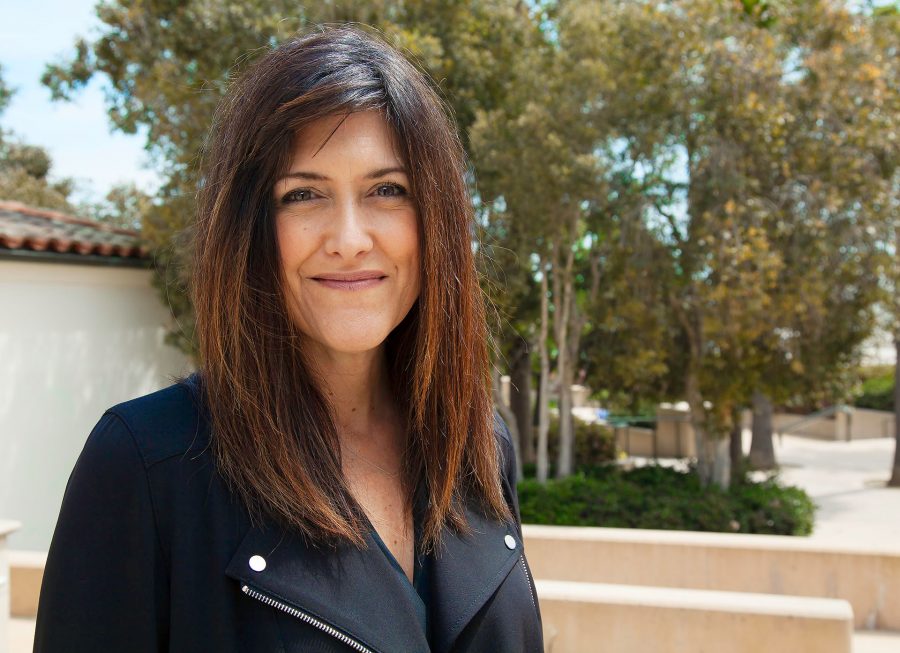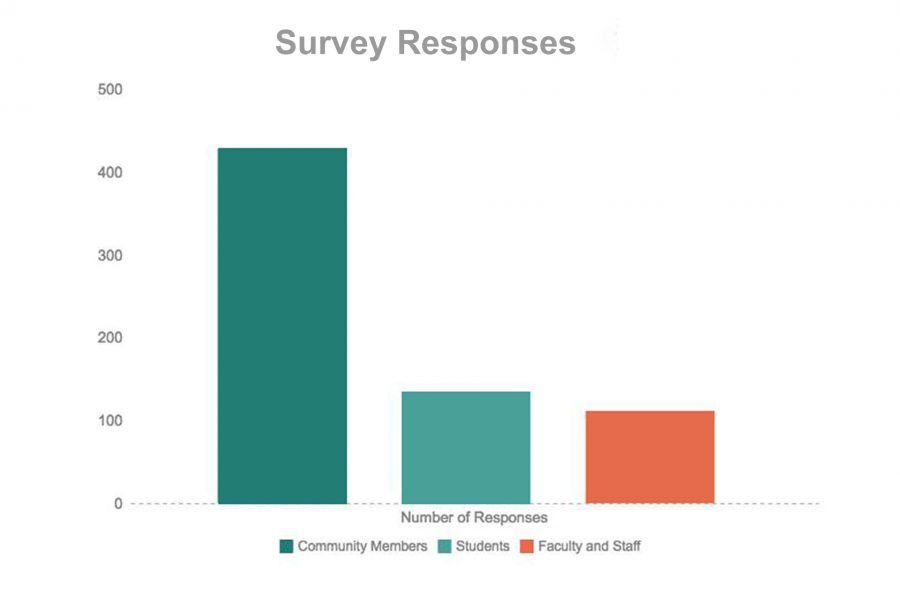Two students refused to leave classes when they were not able to add. The women both got angry with their teachers, who called the Campus Security Office. Security workers relocated the classes while they dealt with the out-of-control students.
The same week, another woman reported her car had been vandalized. A man she did not know began screaming at her and punching her car with his fists as she tried to leave the La Playa parking lot. He left dents.
Two days later, a woman called security about a man she had dated. She described many odd encounters on campus, and felt that he was stalking her.
All these incidents occurred the first three weeks of the Fall Semester when classes were full and hard to add. They kicked off a long list of “disruptive” incidents reported by students and faculty this term. These events include one student punching another in the face in the Library and another losing control at the Admissions desk when he had to wait for his ID card.
Last week, two students got into a scuffle in the Cafeteria over a piece of bacon and biscuit. One of the angry combatants poured a cup of hot coffee over the other’s head.
“There has been an increase in reports and an increase in student discipline, such as harassment and battery,” said Erik Fricke, director of the Campus Security Office.
Public state universities are enrolling fewer students, and unemployment is up. Both factors are driving more students to City College, Fricke noted.
As of Nov. 8, a total of 320 incidents were reported to campus security since the beginning of the calendar year. In the 2009 calendar year, 287 incidents were reported. This is an 11.5 percent increase of incident reports in a year.
While those numbers represent all incidents, most do not involve serious criminal activity. But there’s no question that behavior ranging from weird and disruptive to the criminal is on the upswing at Santa Barbara City College.
Experts agree that the rise in deviant behavior can be caused by many factors, but key among them is stress.
“There is no doubt more stress at all levels of society,” said Janet Shapiro, director of the Disabled Student Programs and Services, which provides resources to the one of 10 students at City College who has an established disability.
The poor economy and its resulting higher cost of living— along with fewer social agencies—are causes for the “social safety net breaking apart,” she said.
Shapiro warned against people assuming students with disabilities committed the outbursts reported by students and faculty.
In fact, Shapiro said the higher stress doesn’t mean disabled students “will be hostile,” any more than those in the general population.
Upon questioning by The Channels, Dr. Art Olguin, psychology professor, wrote a 5-page, single-spaced memo discussing the issue. He cautioned against making overly generalized assumptions about the extent and causes of violent behavior on campus, but stressed that it is an important issue.
“Aggression and violence results in disruption of classes and interference with the learning process, increases safety concerns and feelings of fear by faculty and students,” he wrote, “and is generally not an appropriate way to constructively handle situations.”
In his report, Olguin writes in-depth about several potential stressful conditions that may combine with personal vulnerabilities and push a person too far. These factors include unemployment, academic demands, substance abuse or interpersonal difficulties.
Based on the number of people in the country with mental disorders, the “open-enrollment nature of community colleges means that some students with disabling conditions (physical and mental) will be among the student population,” he wrote.
According to statistics published by the state Chancellor’s Office, 389 of the 2,920 students receiving DSPS services in 2009-10 have psychological disabilities.
Dr. Tom Mahoney, chair of justice studies, points out that when a community’s population increases, so too will its crime and disruptive behavior.
As an example, he related City College to a small city. With a “small city’s population, a few students will act inappropriate,” Mahoney said.
The apparent increase in incidents could in fact be an increase in the number of incidents reported or actually brought to the college’s attention. But, he added, “This is still one of the safest community colleges in California.”
Alyson Bostwick, City College’s full-time personal counselor, provides talk-therapy to students. She said their numbers are up over the long-term, but not specifically this semester.
“I say we have seen an increase of the utilization of our personal counseling services over the past couple years,” she said. She stressed that her staff can expect to see an increase this time of year, with finals and the holidays approaching. Midterms are another high-demand time, she said.
All City College students enrolled in at least one unit are eligible for six free 45-minute sessions per semester. With six counselors available, the center offers 80 hours of counseling a week. Students can make appointments by dropping into Student Services—Room 170 or calling Ext. 2298.














